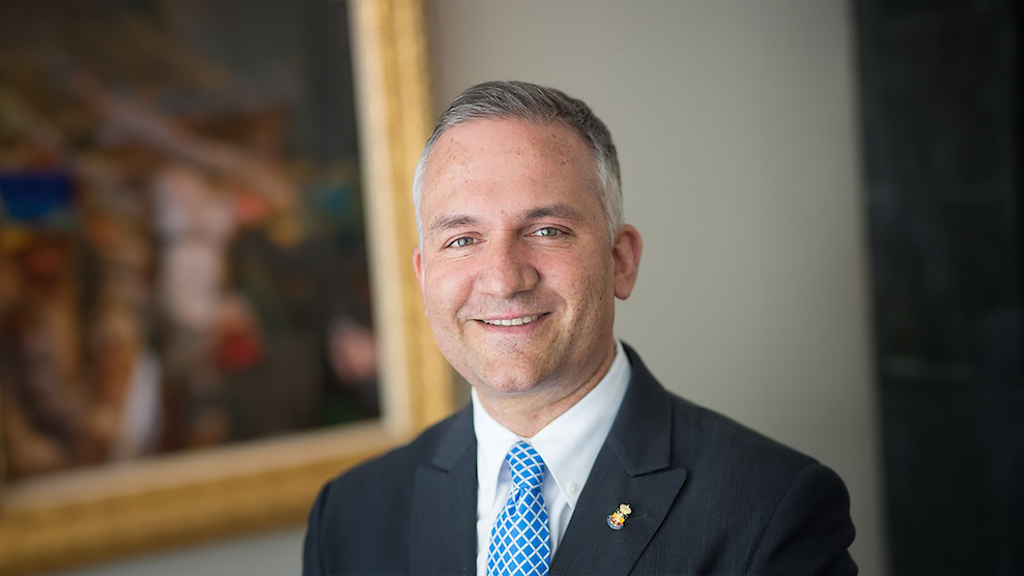In less than a week, the doors of the MECC in Maastricht will open for the three-day ICT&health World Conference. Hundreds of speakers and thousands of visitors come together to listen and exchange knowledge about digital and other healthcare innovations. To learn from each other’s successes and failures in tackling the problems facing healthcare in many countries.
The speakers include people such as Healthcare Minister Conny Helder, Bianca Buurman (chairman of the V&VN), Diederik Gommers (head of IC Erasmus MC) and Alain Labrique (director of Health & Innovation WHO). In the cover story of ICT&health 3, Labrique discusses, among other things, how learning from each other about successful innovations can improve healthcare worldwide, especially for the large groups that do not currently receive this care or do not receive it sufficiently.
“In 2012, the connection between WHO and international telecommunications consisted of the E-health Toolkit,” says Labrique. “That toolkit arose from the need to prepare countries for a different kind of enabling environment: one in which digital health care could be an important pillar. To this end, investments had to be made in important building blocks such as 'human skills', policy environment and technical preconditions. Everything must be developed in conjunction with each other to prevent digital healthcare from being limited to isolated technical gadgets and experiments.”
The last five years have therefore been characterized by a change from digital experimentation to digital transformation, according to the WHO director. “The condition for this is that we provide tailor-made solutions and share successes. That together we can reach a global consensus. Initiatives such as the ICT&health World Conference give this a boost.”
Unnecessary deaths
Born and raised in Bangladesh, Alain Labrique worked in his native country for the first ten years of his working life. There he was confronted every day with the harrowing reality that many women and children in particular died unnecessarily, simply because digital applications that already existed were not available, for example. How Labrique will dedicate the rest of his life to improving this situation, and why he believes that we should be prepared to share our successes worldwide, he explains during the conference and in ICT&health 3.
“In particular, it is critical that governments and financiers invest in government institutions that monitor, track and drive the necessary digital transformation. Because there are currently many countries that are working with a digital health strategy or blueprint, but no authority has been appointed within the governments that directs and bears responsibility for the digital transformation.”
Digital transformation feasible
When asked whether digital transformation is feasible for all countries in the world, Labrique answers: “We are developing ways to assess and describe the extent to which countries are capable of digital transformation. We use the 'Digital health monitor' tool for this, which describes the seven components of the enabling environment and determines where a country is in the cycle of digital maturity. This way we can gain clarity about what is needed to make the transformation possible and also specifically indicate which investments and digital solutions are needed in which areas. So a kind of tailor-made solution per country.”
Meet Alain Labrique during the ICT&health World Conference from May 14-16. Click here to register.






